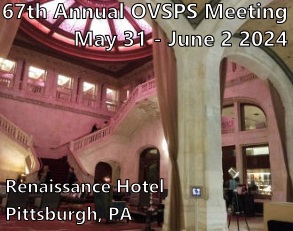<< Back to the abstract archive
Socioeconomic Status, Race, and Geography in Adolescent Gender-Affirming Mastectomy
Nicolás Kass, Pooja Humar, Lucy Cheng, Elizabeth A. Moroni, Lorelei Grunwaldt, Vu Nguyen
University of Pittsburgh School of Medicine
2022-01-13
Presenter: Nicolás Kass
Affidavit:
The majority of the work on this project represents the original work of the presenting medical student, Nicolás Kass
Director Name: Vu Nguyen
Author Category: Medical Student
Presentation Category: Clinical
Abstract Category: Breast (Aesthetic and Recon.)
Purpose: The objective of this study was to evaluate the influence of race and socioeconomic status on adolescent female to male transgender patients' ability to undergo gender-affirming mastectomy.
Methods: Under IRB approval, electronic medical records of female to male (FTM) transgender patients who underwent gender-affirming bilateral mastectomies by the senior author between 2017 and 2019 were merged with the Agency for Healthcare and Research Quality's (AHRQ) Social Determinants of Health Database and retrospectively reviewed.
Results: 108 adolescent patients were included in the analysis. Majority were Caucasian/ non-Hispanic (81%), and 75% of patients came from ZIP codes where more than 75% of the population was Caucasian. The median household income in our patients' ZIP codes was $56,707; SD $18,221 (national mean=$50,791, SD $14,455). The median home value in these areas was $160,527, SD $79,710 (national mean=$146,127, SD $89,409). Majority of patients live in an urban environment (85.19%), followed by suburban (12.02%) and rural (2.79%) environments. Most patients came from ZIP codes with higher levels of private health insurance and lower levels of public health insurance (private mean 68.6%; SD 10.31, public mean=19.9%, SD 8.2) compared to national averages (private mean=60.5%, SD 12.38, public mean=26.2%, SD 9.87).
Conclusion: This study revealed that white patients living in predominantly white, middle-income neighborhoods make up the overwhelming majority of FTM patients that underwent gender-affirming mastectomy at our institution. This highlights a need to make life-improving gender-affirming surgery more accessible to lower income and non-white populations.



